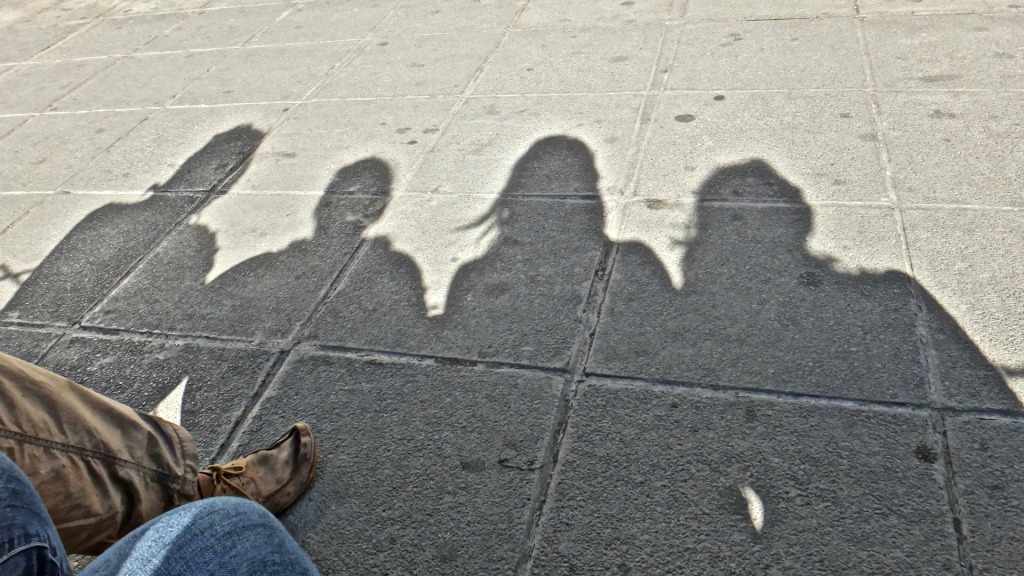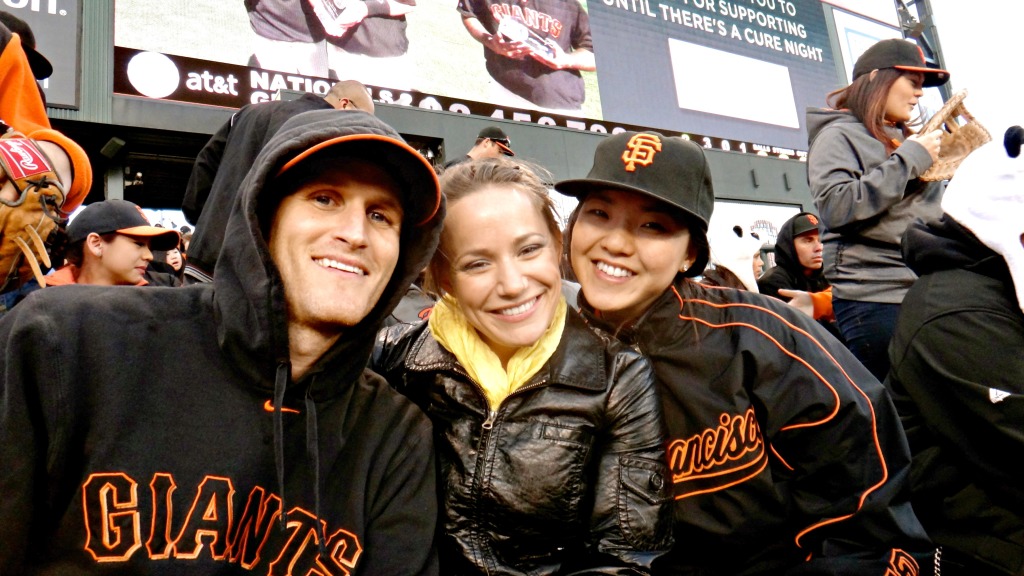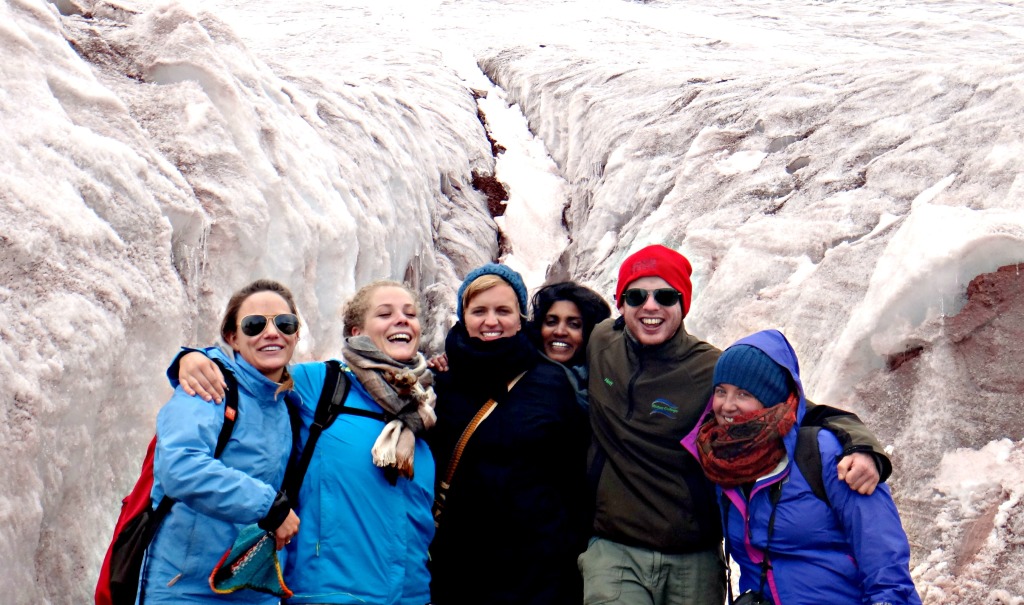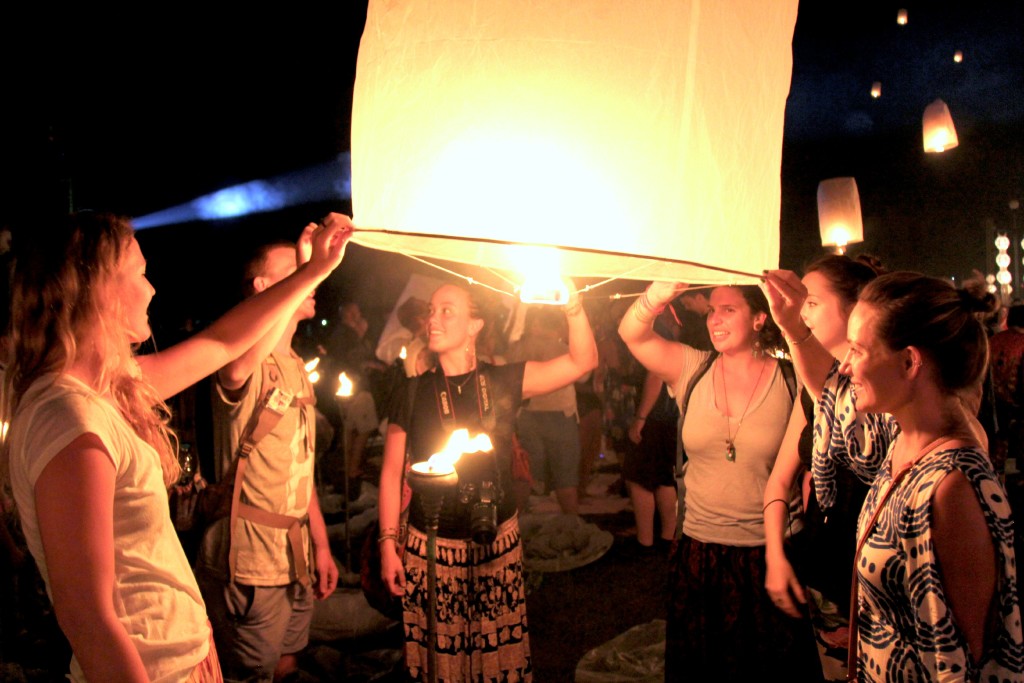Ever since I was 18 years old, I’ve been on the move. I left the comfort of my home state for the promise of California sunshine and was instantly enamored with the change of scenery and the chance to be a new and improved version of myself.
When my four years in Berkeley came to an end, I got my first taste of international travel on a graduation trip to Australia–yet another opportunity to figure out who I was, and more importantly, who I wanted to become.
Once back in the US, my studies took me to unexplored territory once more, New Haven, Connecticut. After that, I ventured to New York City. After that, Thailand.
The moves kept happening and I kept evolving until eventually I became the person you might meet today–if I had much of a social life, that is.
But what I noticed from the very beginning when I’d moved no further than a couple of states away was that, rather quickly, certain friendships simply faded into oblivion. Before I’d even had a chance to evolve, in fact.
In the beginning it was the most startling, principally because those disappearing from my life were people I’d known for years–people I’d shared countless experiences with and felt like I’d formed deep connections with, not just casual acquaintances I’d had coffee with once or twice.
The trend continued with each subsequent move. Friendships that I’d once thought had a solid enough foundation to last through a period of distance simply did not last.
Now, I know that distance puts a strain on any type of relationship, no matter how close your bond. And I was never so delusional to think that all my friends in different states, in different timezones, and eventually different countries would make keeping up our relationship a priority when there was so much else going on in their lives, in the here and now.
I was just delusional enough, however, to think that by going out of my own way (i.e., sacrificing the here and now) to make certain relationships a priority, my efforts would be reciprocated by those I was so sure I cared so deeply for.
Not so.
The evolution of personalities certainly had something to do with it. As I grew and learned more about myself, my likes and dislikes, my expectations and definition of friendship, I began to realize that many of those previous friendships had been built on false pretenses, on former versions of ourselves, on convenient circumstances.

And I wasn’t the only one evolving, either–I eventually recognized that people were letting me go in the same way I was letting go of relationships that were no longer a good fit for the latest and greatest version of myself.
At first this was a tough realization to swallow. I was hurt. I wanted to be accepted, well liked, even sought after as a friend–but I also wanted to be in control. I wanted to be the one to say whether our relationship lived or died. I realize now how utterly selfish that sounds.
The following quote explains quite perfectly what it took me all these years to learn about relationships:
And while this excerpt from Jeff Brown’s Love It Forward is speaking primarily to romantic relationships, it absolutely holds true for friendships as well.
If a life of travel causes you to plummet to the bottom of someone’s priorities, they don’t deserve to be a priority of yours (and vice versa).
A life of travel really does cause you to lose more friends than you gain. Travelers are often thought of as having more friends than the average person because they are constantly meeting new people, bonding over incredible shared experiences, and creating lasting memories.
All that may be true, but the number of those friendships that actually stick? That actually stand the test of time after the adventure is over? The number of those “friends” you’d be able to call up in an emergency, who’d drop everything just to rush to your aid? One or two, if you’re lucky. If you’re reallllly lucky.

But this isn’t necessarily a bad thing.
What travel does allow you to do is understand which of your relationships are worth fighting for. It teaches you who you can trust and rely on, even through the time and over the distance that separates you. In some instances, it teaches you to simply lower your expectations and accept what the other person is willing and able to give.
That’s not to say there isn’t a place in your life for more casual friendships as well. It’s important to have friends you can drink with, gossip with, enjoy your hobbies with or spend a lazy Saturday watching Netflix with. These relationships have their place, but once you’re gone you may very well be “out of sight, out of mind” to these friends.
I’ve learned to see the value in the fleeting friendships, too. There’s a lot to be said for the people you bond with for a week, a weekend, a night, or even a couple of hours while traveling. Those people play an important role in your evolution, too, but it’s perfectly okay to let them go when the time comes.

I consider myself incredibly lucky to have accumulated, through all the different phases of my life and my travels, a handful of people who would have my back no matter what, the moment I needed them. More than I can count on one hand, even.
But it was only through letting so many other relationships go that I was able to fully understand what friendship means to me and just how precious these people are.
I’ve figured out how to tell the difference between a relationship worth fighting for and a relationship that’s not.
Sure, I’ve lost a lot of friends over the years. But when it comes to travel and friendship, sometimes less is more, and in the end, sometimes losing is winning.
I want to know–what has travel taught you about friendship?



